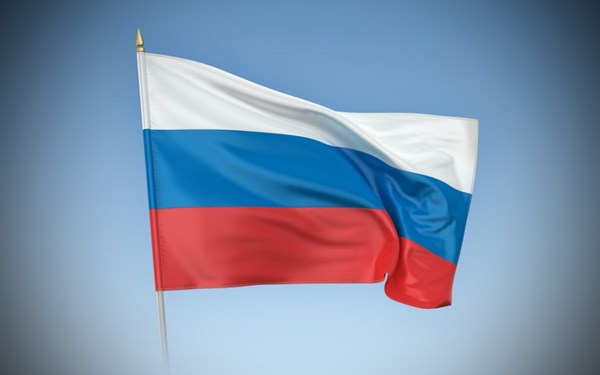Media: Russia will reduce spending on promotion of foreign policy agenda abroad
Budget expenditures for institutions promoting Russia's foreign policy agenda abroad will be reduced in the next three years, reported RBC, referencing materials from the "Electronic Budget" system.
Compared to 2014-2016, subsidies to the Alexander Gorchakov Public Diplomacy Fund and the Russian International Affairs Council (RIAC) will be reduced by 8%.
In 2014-2016, the funds received subsidies in the amount of 431.4 million rubles. In 2017-2019, they will be allocated 398.7 million. The reduction is happening primarily to the RIAC.
The Gorchakov Fund noted that its work is largely financed by trustees. The amount of their contributions to the Fund is not disclosed.
In 2016, 47% of the expenses of the Gorchakov Fund were financed from the budget. For the RIAC, this figure was 84%.
The Gorchakov Fund was established in 2010 by order of Dmitry Medvedev. The Fund's website says that it promotes democracy, human rights and social programs of Russia abroad, supports Russian-language media, and also provides consultations.
Among the members of its board of trustees are Russian Foreign Minister Sergey Lavrov, businessmen Vagit Alekperov, Vladimir Evtushenkov, Alisher Usmanov, Suleiman Kerimov, Mikhail Prokhorov, and Alexei Mordashov, as well as Rostec head Sergei Chemezov and former head of the Russian Railways Vladimir Yakunin.
The RIAC was also established in 2010. Its activities concern "promoting Russia's prosperity through integration into the global world" and "preventing international conflicts and crisis management," the organization's website said.
Its Board of Trustees includes the President of the Russian Union of Industrialists and Entrepreneurs, Alexander Shokhin, the head of the Savings Bank German Gref, the Deputy Chairman of the government Yuri Prikhodko, and rector of Moscow State Institute of International Relations Anatoly Torkunov. Among the founders of the RIAC are the Ministry of Foreign Affairs of the Russian Federation, the Russian Academy of Sciences and the Ministry of Education and Science.
